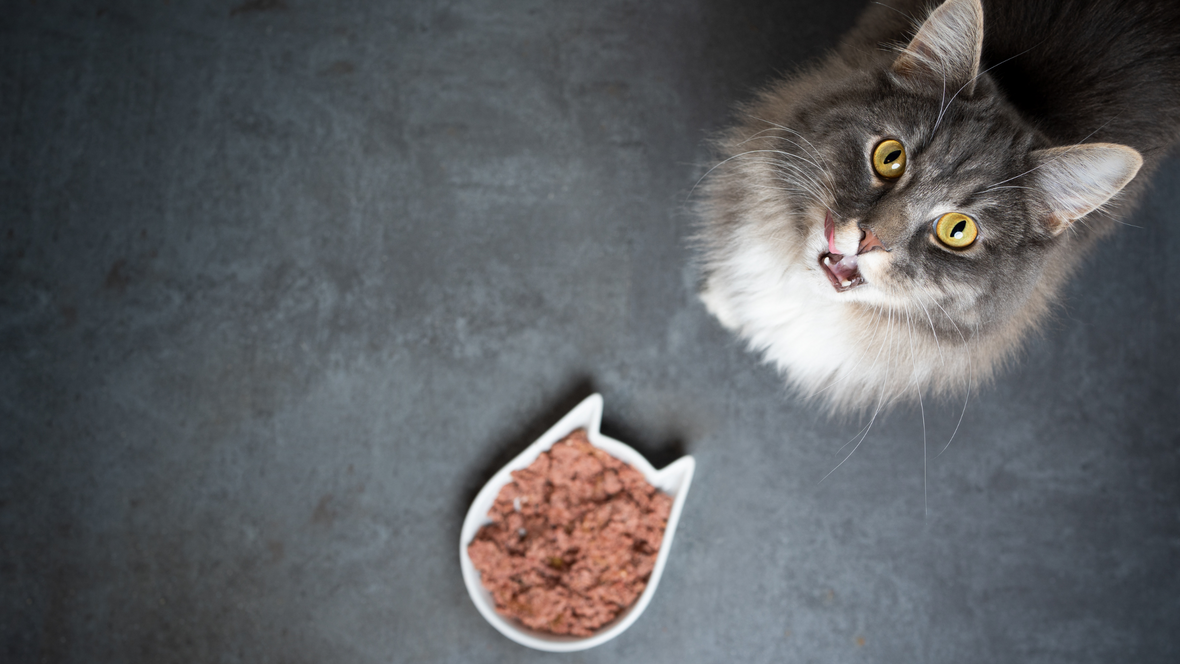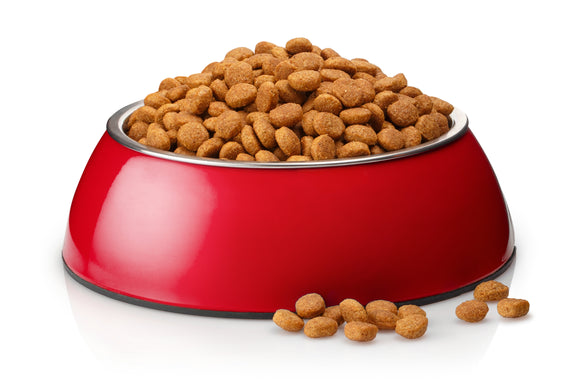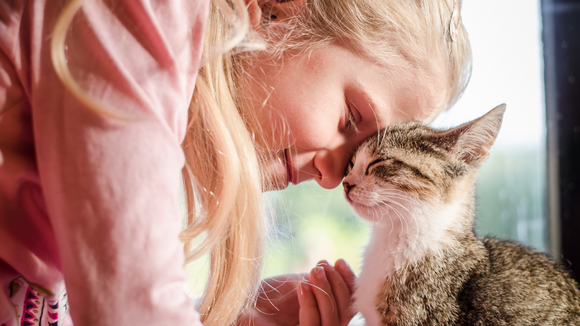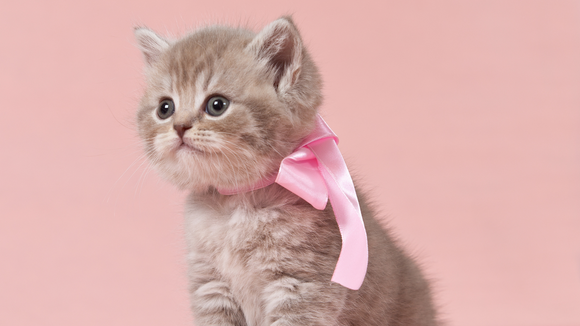
Benefits Of Vitamins And Minerals For Cats
Table of Contents

Cats are intelligent animals that need a healthy diet to live a full life. Cats can't get vitamins and minerals from the food that they normally eat on their own. The best way for your cat to get all the vitamins and minerals they need is through their food. It is important that you know what ingredients are in your cat's food before you give it to them because there may be too much of one ingredient or not enough of another in the recipe, which could lead to health problems later on down the road.
However, when you look at the nutrient profile cat needs different vitamin and minerals to perform their normal body functions, and those nutrients must be present in the regular diet of cats.
Here we will discuss the vitamins and minerals that cats need in their regular diet and their benefits.
Vitamins for cats
Vitamins are essential nutrients that help a body function properly. They can be divided into two groups: water-soluble and fat-soluble vitamins.
Water-soluble vitamins include vitamin C, the B complex (vitamin B1 thiamin, vitamin B2 riboflavin, niacin or nicotinic acid; pantothenic acid, biotin, folic acid, and vitamin C and Vitamin E. Fat-soluble vitamins include A, D, K.
According to AAFCO, a cat needs following vitamins in their regular diet
Vitamin A
Vitamin A is beneficial for cats as it enhances their immune systems, promotes healthy skin and fur coats. It can also reduce the risk of developing urinary tract infections or bladder stones in cats that are prone to these conditions.
Vitamin D
Vitamin D is an important nutrient for cats. It helps them absorb the calcium they need to build strong bones and teeth and maintain their nervous system so that it can function properly. Cats with vitamin D deficiency may have problems like seizures or bone deformities such as rickets because of weak bones and muscles caused by a lack of enough calcium in the body.
Vitamin E
Vitamin E is a fat-soluble vitamin that your cat can easily receive by eating certain foods. Vitamin E acts as an important antioxidant. This will benefit them greatly as they get older, but the benefits start from when they are kittens all the way until adulthood.

Vitamin K
Vitamin K is beneficial for cats because it promotes blood clotting, which can be particularly important if a cat experiences an injury. It also helps maintain healthy bones and speeds up the healing process after surgery or other traumas.
Thiamine
Thiamin, also known as Vitamin B1, is an amino acid derivative that acts on the central nervous system and can help with muscle coordination. In cats specifically, it helps reduce seizures caused by a deficiency in Thiamine. It also plays an important role in carbohydrate metabolism.
Riboflavin
Riboflavin is a B vitamin that plays an important role in the metabolic system of cats. It helps convert food into energy and aids enzyme reactions for normal growth, development, reproduction, and cell function while reducing tiredness.
Pantothenic Acid
Pantothenic acid is vitamin B5 that helps produce energy and metabolize carbohydrates in cats' bodies to have more endurance throughout the day. It also acts as an antioxidant for their skin and fur cells by fighting free radicals that cause these tissues' aging. Cats need this nutrient because it plays such a large role in keeping them healthy.
Niacin
Niacin helps cats metabolize fats properly, which can improve skin health as well as brain function if they are given enough daily protein during early growth stages.
Pyridoxine
Pyridoxine is a B vitamin that helps cats break down the amino acid L-carnitine, allowing them to digest food better. It also works as an antioxidant and reduces oxidative stress in cells throughout your cat's body.
Folic Acid
The benefits of Folic Acid for cats include reducing or preventing congenital heart defects and neural tube problems in kittens born to deficient folic acid mothers.
Biotin
Biotin is a water-soluble vitamin that can help cats' hair grow. Biotin has been shown to improve skin and coat in animals by increasing the production of keratin.
Vitamin B12
Vitamin B12 plays a vital role in forming red blood cells, which helps them fight off anemia. It also regulates proper metabolism and promotes healthy nerve function as well as normal growth and development for cats.
Choline
Cats require choline in their diet. Choline is known to help with brain health, liver function, and the metabolism of fat.
Minerals for cats
Cats often need a source of minerals, or their health will be compromised. Minerals are not always as easy to find in nature, so that cats may need them in their regular diet.
According to AAFCO, the minerals cat needs in her regular diet are
Calcium
Calcium is an essential mineral for cats because it contributes to the strength of their bones and teeth. A calcium deficiency can lead a cat's body to pull nutrients from its own muscles, which weakens them over time as well as causing constipation or diarrhea.
Phosphorus
Phosphorus is an extremely important element for cats because it helps with their bone health. It also aids in tissue growth and repair, protein synthesis, a healthy nervous system function of the body, and is crucial to many metabolic processes within every cell.
Potassium
Potassium is a vital nutrient that cats require. It can be found in meat, fish, and dairy products, but you may have to add it as well if your cat's diet doesn't contain enough of this mineral. Potassium boosts the immune system by producing white blood cells more efficiently, which will help fight off infections and disease.
Sodium and Chloride
Sodium and chloride are two nutrients cats need in their diet. Cats do not make enough of them on their own, so they must be obtained through food or supplements. Both sodium and chloride play an important role in keeping the cat's body chemistry balanced and helping muscles contract properly. They also help maintain blood pressure by moving fluid between cells while allowing the kidneys to filter out waste products from circulation.
Magnesium
Magnesium is very important for cats because it helps their body metabolize food. Magnesium also helps the bones, nerves, and muscles of a cat's body function correctly so that they stay healthy.
Iron
Iron is a nutrient that cats need to maintain healthy red blood cells. More iron in the diet leads to more hemoglobin and hematocrit, which helps transport oxygen throughout their bodies.
Copper
Copper is an essential mineral that can help prevent and treat many different conditions. It has been shown to reduce the risk of parasitic infections, improve blood flow, boost immune function in cats suffering from chronic diseases.
Manganese
Manganese is a mineral that aids in the production of energy and helps with healthy brain development. It also regulates blood sugar levels which are important for cats since they have such an unusual metabolism compared to dogs or humans.

Zinc
Zinc is an essential trace element for cats that helps with their immune system and organ functions.
Iodine
Iodine is an essential mineral that helps cats maintain their thyroid health.
Selenium
Selenium is an antioxidant that can help with the treatment of cancer in cats.
Conclusion
If you're looking for a way to help your kitty live a healthy, happy life and avoid costly vet visits in the future, make sure they eat their daily requirement of vitamins and minerals. The quality of food is important, but it's also necessary that cats have adequate amounts of certain nutrients.




